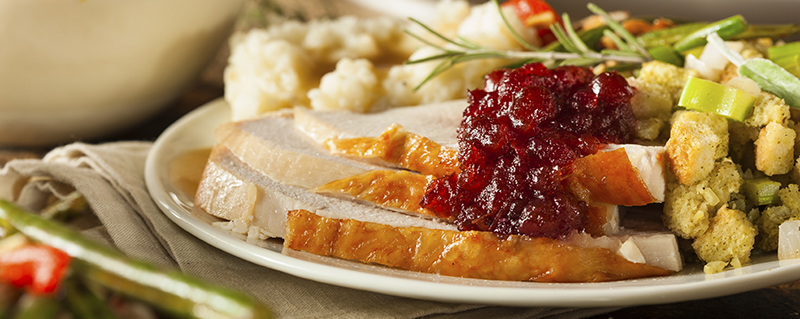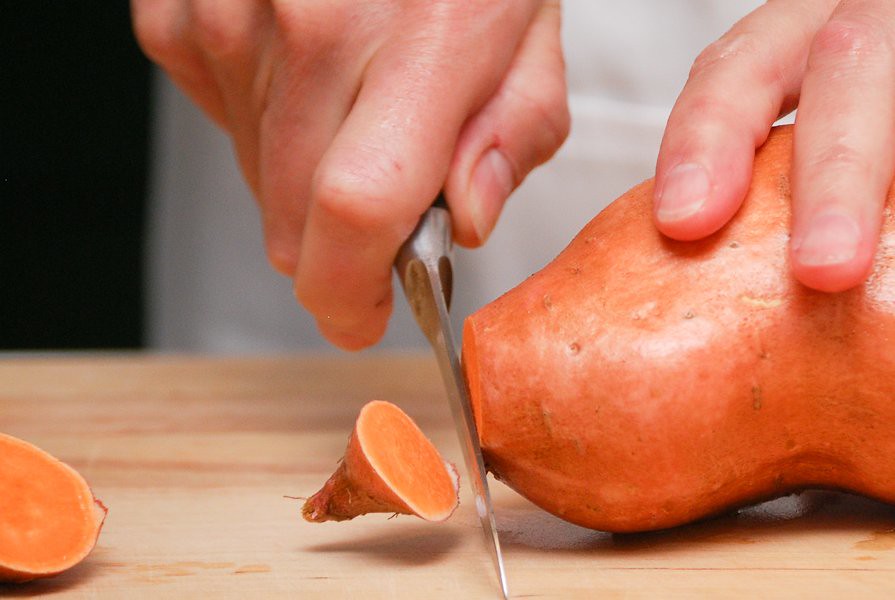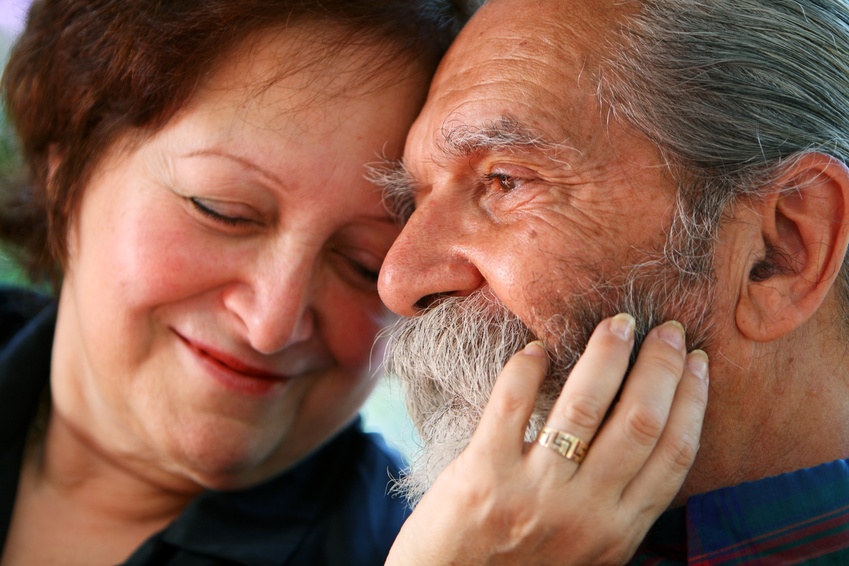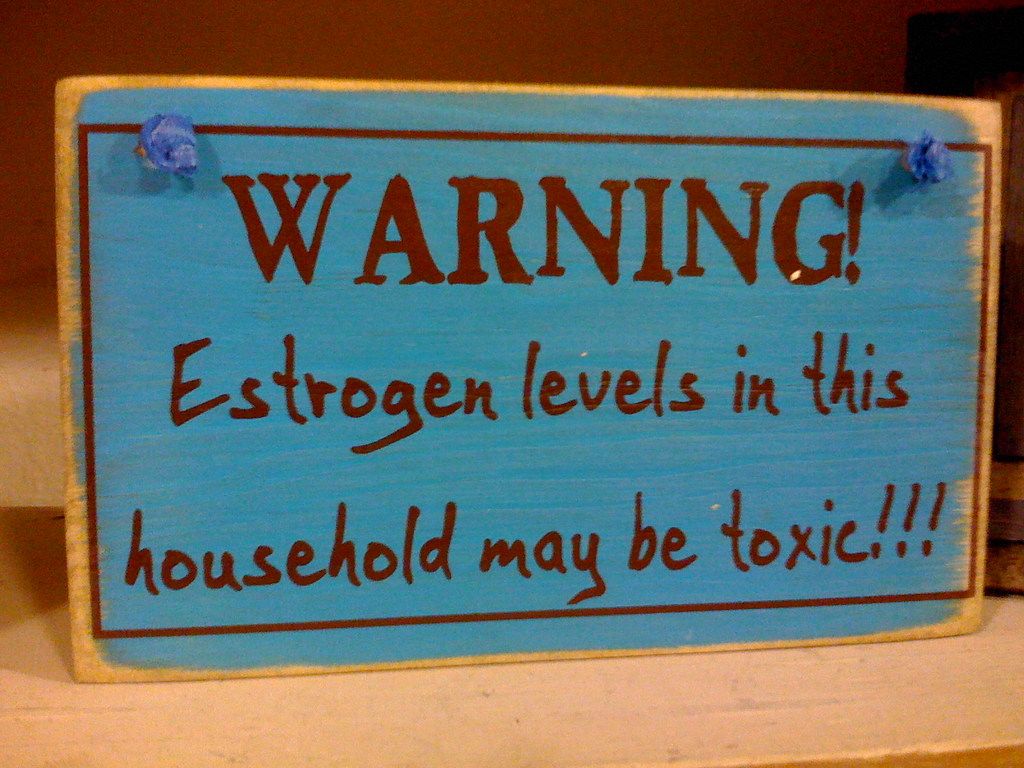Feed Your Body Good
Avoiding foods that cause painYOUR DIET
Your diet is a huge factor affecting inflammation in the body. As we discussed in “You feel what you eat,” if you eat foods that cause inflammation, you will have more pain. Avoiding all inflammation-causing foods seems logical but would be very difficult. So the idea isn’t to remove these foods from your diet entirely, but to reduce your general intake.
Some of the foods that may cause you inflammation and pain:
Gluten
Refined carbs
Fried food
Processed meat
Red meat
Margarine, shortening, lard
We’re not really sure how all of these foods cause inflammation, but the effects on the blood and body stress chemicals have been revealed through a number of scientific studies.
Gluten
 Gluten is a protein found in wheat, barley, and rye. It gets a really bad rap, but scientists think it may be the underlying problem is that gluten is “housed” in many foods considered “simple carbs.” Yet, however consumed, scientific study shows that gluten-containing foods are inflammatory.
Gluten is a protein found in wheat, barley, and rye. It gets a really bad rap, but scientists think it may be the underlying problem is that gluten is “housed” in many foods considered “simple carbs.” Yet, however consumed, scientific study shows that gluten-containing foods are inflammatory.
As of late, you can find gluten-free foods in almost any grocery store. There are enough gluten-free substitutes these days to replace just about all of your favorite foods. Although, the tricky thing about gluten it’s in a lot of foods you might not suspect, e.g. soy sauce and mixed spices. You need to read ingredient lists and look for wheat, barley, rye, “modified food starch” and/or a disclaimer like “processed in a facility that processes wheat.” The latter is probably okay to eat, unless you are allergic to gluten.
Refined carbs
 Refined carbs are any type of sugar or starch-containing food that has been processed. Unrefined carbs are the carbohydrate-containing foods in nature, such as an unprocessed sweet potato or corn kernel. When you take these carbs and grind, heat, or change them in any way, it “processes” them. The more processed the food, the more refined.
Refined carbs are any type of sugar or starch-containing food that has been processed. Unrefined carbs are the carbohydrate-containing foods in nature, such as an unprocessed sweet potato or corn kernel. When you take these carbs and grind, heat, or change them in any way, it “processes” them. The more processed the food, the more refined.
Processed carbs are easier for your body to digest, but their digestion produces inflammation. A (very) short list of foods to avoid are:
Table, brown, and confectioners sugar
Most syrups (e.g., corn, agave)
Fruit juices
Anything labeled instant (e.g., instant oatmeal, white rice)
Anything labeled starch (e.g., cornstarch, potato starch)
Fried food
 Putting anything into hot oil makes it bad for you. This is due to the heated oil. Most of the oils used to fry foods are hydrogenated vegetable oils, containing trans fatty acids, which increase inflammation.
Putting anything into hot oil makes it bad for you. This is due to the heated oil. Most of the oils used to fry foods are hydrogenated vegetable oils, containing trans fatty acids, which increase inflammation.
When you eat too much trans fatty acid, it results in toxins that permeate the bowel wall and cause trouble. So “Just say No!” to french fries, potato chips, and deep fried Twinkies.
Red meat
Margarine, shortening, lard
We’re not really sure how all of these foods cause inflammation, but the effects on the blood and body stress chemicals have been revealed through a number of scientific studies.
Gluten
 Gluten is a protein found in wheat, barley, and rye. It gets a really bad rap, but scientists think it may be the underlying problem is that gluten is “housed” in many foods considered “simple carbs.” Yet, however consumed, scientific study shows that gluten-containing foods are inflammatory.
Gluten is a protein found in wheat, barley, and rye. It gets a really bad rap, but scientists think it may be the underlying problem is that gluten is “housed” in many foods considered “simple carbs.” Yet, however consumed, scientific study shows that gluten-containing foods are inflammatory.As of late, you can find gluten-free foods in almost any grocery store. There are enough gluten-free substitutes these days to replace just about all of your favorite foods. Although, the tricky thing about gluten it’s in a lot of foods you might not suspect, e.g. soy sauce and mixed spices. You need to read ingredient lists and look for wheat, barley, rye, “modified food starch” and/or a disclaimer like “processed in a facility that processes wheat.” The latter is probably okay to eat, unless you are allergic to gluten.
Refined carbs
 Refined carbs are any type of sugar or starch-containing food that has been processed. Unrefined carbs are the carbohydrate-containing foods in nature, such as an unprocessed sweet potato or corn kernel. When you take these carbs and grind, heat, or change them in any way, it “processes” them. The more processed the food, the more refined.
Refined carbs are any type of sugar or starch-containing food that has been processed. Unrefined carbs are the carbohydrate-containing foods in nature, such as an unprocessed sweet potato or corn kernel. When you take these carbs and grind, heat, or change them in any way, it “processes” them. The more processed the food, the more refined. Processed carbs are easier for your body to digest, but their digestion produces inflammation. A (very) short list of foods to avoid are:
Table, brown, and confectioners sugar
Most syrups (e.g., corn, agave)
Fruit juices
Anything labeled instant (e.g., instant oatmeal, white rice)
Anything labeled starch (e.g., cornstarch, potato starch)
Fried food
 Putting anything into hot oil makes it bad for you. This is due to the heated oil. Most of the oils used to fry foods are hydrogenated vegetable oils, containing trans fatty acids, which increase inflammation.
Putting anything into hot oil makes it bad for you. This is due to the heated oil. Most of the oils used to fry foods are hydrogenated vegetable oils, containing trans fatty acids, which increase inflammation.When you eat too much trans fatty acid, it results in toxins that permeate the bowel wall and cause trouble. So “Just say No!” to french fries, potato chips, and deep fried Twinkies.
Processed meat
Bacon lovers beware. Meat processing causes the chemical advanced glycation end products (AGEs) to be released. AGEs activate the human immune system, which alters your cells’ make-up. Which is bad for your gut and for you. So hang up your bacon, step away from the hot dogs, retire the jerky and avoid the sausage.
Red meat
The effects of red meat are a little more debated in some medical circles. It is thought to cause inflammation in the same way that processed meat does, through AGEs. However, the problem may lay in the way we cook meat. Charring a steak may be tasty, but it releases AGEs. The more cooked the meat, the higher the AGEs. As such, red meat cooked any way contains AGEs, so it’s best to limit your intake as much as possible.
Margarine, shortening, lard, and saturated fats
 These processed oils are removed from their respective foods using a chemical that is a component of gasoline. Yuck! The processing causes the foods to have a high content of trans fatty acids. See “Fried Food” above to learn why this is bad for you! Saturated fats would include cheese, heavy cream, butter, fatty meats, sausage, etc...
These processed oils are removed from their respective foods using a chemical that is a component of gasoline. Yuck! The processing causes the foods to have a high content of trans fatty acids. See “Fried Food” above to learn why this is bad for you! Saturated fats would include cheese, heavy cream, butter, fatty meats, sausage, etc...
References:
Bacon lovers beware. Meat processing causes the chemical advanced glycation end products (AGEs) to be released. AGEs activate the human immune system, which alters your cells’ make-up. Which is bad for your gut and for you. So hang up your bacon, step away from the hot dogs, retire the jerky and avoid the sausage.
Red meat
The effects of red meat are a little more debated in some medical circles. It is thought to cause inflammation in the same way that processed meat does, through AGEs. However, the problem may lay in the way we cook meat. Charring a steak may be tasty, but it releases AGEs. The more cooked the meat, the higher the AGEs. As such, red meat cooked any way contains AGEs, so it’s best to limit your intake as much as possible.
Margarine, shortening, lard, and saturated fats
 These processed oils are removed from their respective foods using a chemical that is a component of gasoline. Yuck! The processing causes the foods to have a high content of trans fatty acids. See “Fried Food” above to learn why this is bad for you! Saturated fats would include cheese, heavy cream, butter, fatty meats, sausage, etc...
These processed oils are removed from their respective foods using a chemical that is a component of gasoline. Yuck! The processing causes the foods to have a high content of trans fatty acids. See “Fried Food” above to learn why this is bad for you! Saturated fats would include cheese, heavy cream, butter, fatty meats, sausage, etc...References:
Lee Y, Park K. Irritable bowel syndrome: Emerging paradigm in pathophysiology. World J Gastroenterology. 2014;20(10):2456-2469.
Basu A, Devaraj S, Jialal I. Dietary factors that promote or retard inflammation. Arterioscler Thromb Vasc Biol. 2006;26:995-1001.
Fritsche K. The science of fatty acids and inflammation. Adv Nutr. 2015;6:293S-301S
Okada Y, Tsuzuki Y, Ueda T, Hozumi H, Sato S, Hokari R, Kurihara C, Watanabe C, Tomita K, Komot S, Kawaguchi A, Nagao S, Miura S. Trans fatty acids in diets act as a precipitating factor for gut inflammation? J Gastroenterol Hepatol. 2013;28(S4):29-32.
Uribarri J, Woodruff S, Goodman S, Cai W, Chen X, Ryzik R, Rong A, Striker G, Vlassara H. Advanced glycation end products in foods and a practical guide to their reduction in the diet. J Am Diet Assoc. 2010;110(6):911-916.
Okada Y, Tsuzuki Y, Ueda T, Hozumi H, Sato S, Hokari R, Kurihara C, Watanabe C, Tomita K, Komot S, Kawaguchi A, Nagao S, Miura S. Trans fatty acids in diets act as a precipitating factor for gut inflammation? J Gastroenterol Hepatol. 2013;28(S4):29-32.
Uribarri J, Woodruff S, Goodman S, Cai W, Chen X, Ryzik R, Rong A, Striker G, Vlassara H. Advanced glycation end products in foods and a practical guide to their reduction in the diet. J Am Diet Assoc. 2010;110(6):911-916.





















